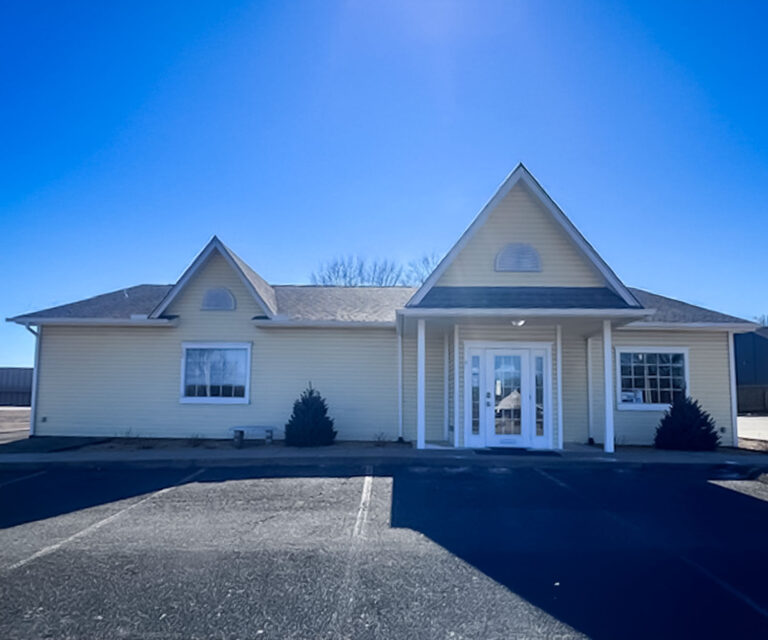How to Prevent Common Dental Emergencies
Dental emergencies can happen to anyone at any time, disrupting daily life and causing significant discomfort. Fortunately, the right knowledge and preparations can prevent many common dental emergencies. This blog post will guide you through practical steps and preventive measures to minimize the risk of dental emergencies, ensuring that you and your family stay safe and healthy.
Emergency Dental Care Tips
Immediate actions can prevent a bad situation from getting worse. Knowing how to respond in the first few minutes can be crucial if you encounter a dental emergency, such as a severe toothache or a broken tooth. For all dental emergencies, it’s important to:
- Avoid panicking; stay calm and assess the situation.
- Contact your dentist immediately for advice and to arrange an urgent visit.
- Rinse your mouth with warm water to clean it, and apply a cold compress to ease pain and swelling.
First Aid for Dental Pain
Dental pain can be debilitating, but not all discomfort requires emergency room visits. For temporary relief:
- Take over-the-counter pain relievers as recommended by your dentist.
- Apply a cold compress outside the cheek to reduce swelling and numb the discomfort.
- Avoid extremely hot or cold foods and beverages that can worsen your pain.
Avoiding Dental Injuries
Many dental injuries can occur during physical activities and sports. It’s surprising how an intense game or even enjoying your favorite snack can lead to unexpected injuries. Tips for accident prevention:
- Wear a mouthguard when participating in sports, especially contact sports.
- Avoid chewing on hard objects like mints or other hard candy, ice and popcorn kernels, which can crack teeth.
Dental Emergency Kit Essentials
Keeping a dental emergency kit on hand can truly be a game-changer in a pinch. Imagine being prepared for an unexpected situation. Your kit should be packed with essential items that can help you tackle dental mishaps effectively:
- A small container with a lid to store a knocked-out tooth.
- Gauze to stop bleeding.
- A cold pack to help control swelling.
- Contact information for your dentist.
Signs of Dental Emergencies
Being able to spot the signs of a dental emergency is essential for getting the help you need when it matters most. Keep an eye out for these warning signals:
- Severe pain that doesn’t go away with over-the-counter medications.
- Loose or knocked-out teeth.
- Swelling in the mouth or facial area.
- Bleeding that doesn’t stop after a short time.
Handling Specific Scenarios
- Handling broken teeth: Gather any pieces of the tooth, rinse your mouth and the pieces with warm water, and apply gauze to any areas that are bleeding.
- What to do if a tooth is knocked out: Hold the tooth by the crown, not the root. If it’s dirty, rinse it gently, but don’t scrub it. If you can, try to place the tooth back in its socket. If you can’t do that, put the tooth in a cup of milk and get to the dentist as soon as possible.
Stay Prepared and Keep Your Smile Safe
Preventing dental emergencies is an essential part of maintaining good oral health. By following these tips and scheduling regular dental visits, you can minimize the risks and impacts of such emergencies. For more detailed advice and immediate care, contact Muskogee Dental and Implants. Remember, being prepared is your best defense against dental emergencies.
Need Immediate Dental Care or a Checkup?
If you’re experiencing a dental emergency or simply need to schedule a preventative dental checkup, don’t hesitate to contact us at Muskogee Dental and Implants. Our team is ready to provide expert care and advice to keep your smile healthy and pain-free.
Contact us today for a consultation or to schedule your next appointment. Your dental health is our top priority!

